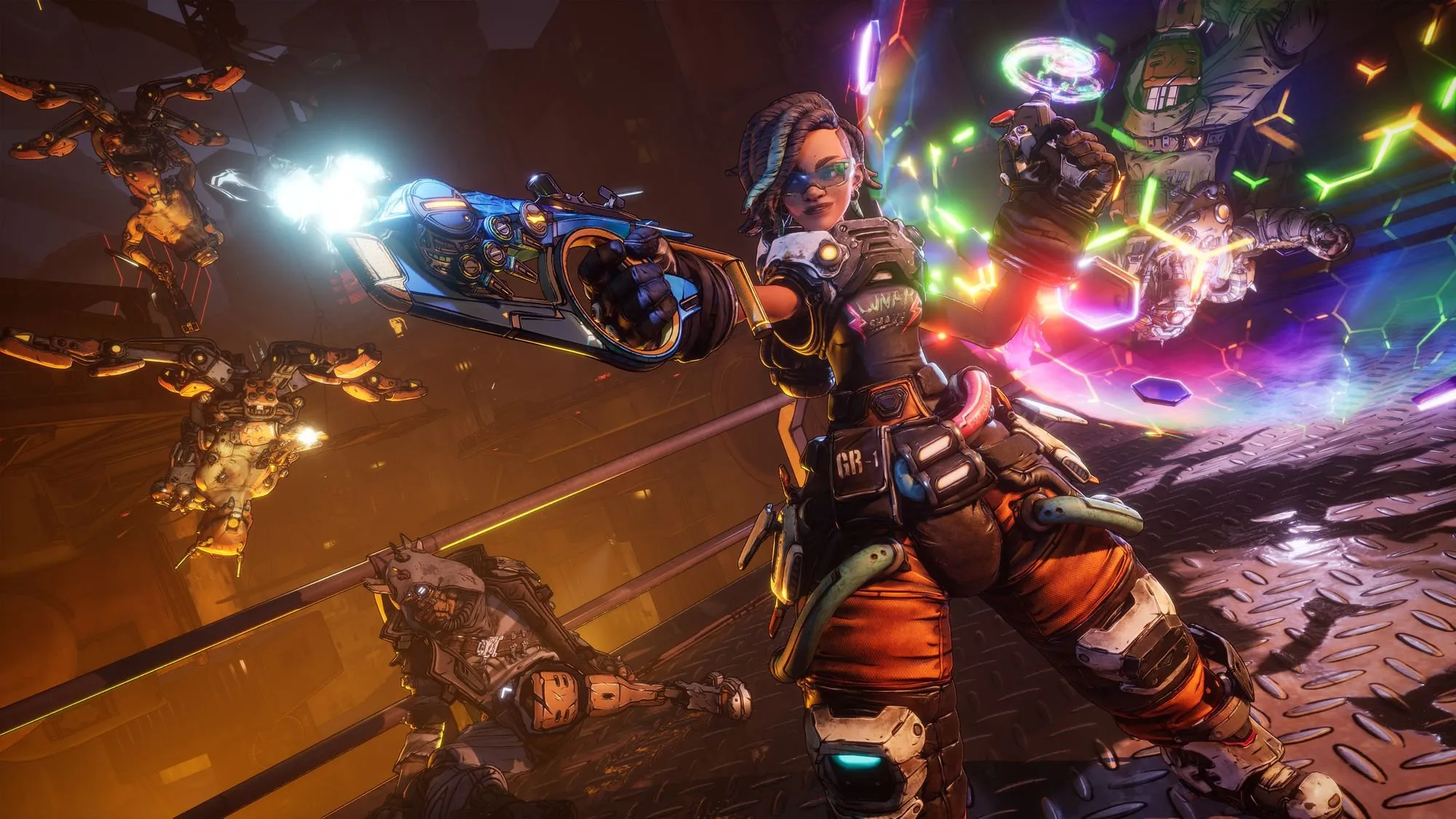
Artificial Intelligence is here to stay. It’s reshaping industries, expediting innovation, and shifting how we work at unprecedented speed. For many leaders and employees alike, that reality sparks an uneasy question: if AI can do my work, where does that leave me?
The answer lies not in competing with AI, but in doubling down on what makes us distinctly, and irreplaceably, human. In my work on human leadership, I’ve explored how leaders can step into a technology-centric future without sacrificing humanity. The truth is: AI can process, predict, and optimize. But it cannot lead, inspire, or create meaning in the way that humans can.
Here are five leadership skills that AI will never replace, and how you can harness them to stay future-ready:
1. Empathy
AI can simulate human responses, but it cannot feel. Empathy, the ability to truly sense and connect with the emotions of others, is foundational in relationships, building trust and fostering a sense of belonging. Research consistently shows that workplaces where employees feel understood and valued perform better, yet empathy is a skill that many leaders overlook (and don’t develop).
Subscribe to the Daily newsletter.Fast Company’s trending stories delivered to you every day
Privacy Policy
|
Fast Company Newsletters
To harness empathy, leaders need to move beyond surface-level check-ins. Create practices that encourage active empathy by making space to connect with employees to ask open questions. Listen for what they don’t say, and tailor your leadership approach to the unique human in front of you. It takes more time and intention, but it’s irreplaceable.
2. Contextual Judgement
AI excels in patterns and algorithms, but struggles with nuance. And in a complex world, nothing is ever black or white. An AI algorithm might be able to analyze millions of data points, but it can’t weigh organizational history, cultural dynamics, ethical dilemmas, or interpersonal relationships in the same way a human leader can. Contextual judgment is the art of knowing not just what to decide, but when, why, and how to execute on that judgment.
Slow down decision-making when the stakes are high, and don’t be fooled into the belief that a fast decision is a good one. Think fast and slow. That means paying attention to your initial reactions, but it’s important to interrogate those, too. And hold space for paradox thinking. You need to consider both/and rather than either/or choices to widen your perspective and avoid being boxed into binary outcomes.
3. Creativity and making meaning
Yes, AI can now generate images, songs, and even strategies. But it cannot interpret or assign meaning. Human creativity isn’t just about producing novelty–it’s about storytelling, creating understanding, symbolism, and inspiring shared purpose. Leaders who can craft a vision that resonates emotionally give people a reason to care, not just a reason to comply.
If you’re struggling with creativity, start by creating rituals and narratives that tie day-to-day work back to a greater mission, your reason for being. Whether it’s connecting a team’s project to customer impact or designing a shared symbol of progress, your ability to make meaning is uniquely human. It’s this emotional connection that drives motivation.
4. Humility and self-awareness
AI doesn’t experience self-doubt, nor does it have blind spots. Humans do, and acknowledging them is a strength, not a weakness. Leaders who practice humility are open to feedback, adaptable to change, and better at building psychological safety within teams.
advertisement
Leaders should model vulnerability by admitting when they don’t have all the answers. Ask your team: What am I missing? What do you see that I don’t? This not only builds trust but also elevates collective intelligence and empowers those around you.
5. Connection and belonging
AI can simulate conversation, but it can’t forge authentic relationships. Humans are hardwired for connection, and belonging is a key driver of performance and wellbeing in the workplace. Leaders who invest in cultivating genuine connections foster resilience and loyalty that no algorithm can replicate. People do their best work when they feel truly seen, valued, and understood.
It’s important to value the relationships with your team above all else. Build micro-moments of connection into your leadership practice, whether that’s starting meetings with personal check-ins, celebrating small wins, or mentoring emerging talent. All of these practices create touch points for genuine connection.
Leading in the age of AI
Fear of being replaced by AI is real, but if we understand where our strengths lie, we diminish the threat. AI is not a rival to human leadership; it’s a tool. The danger isn’t that AI will replace leaders, but that leaders will neglect the very skills that make them indispensable.
The future belongs to leaders who embrace technology to elevate humanity. By leaning into empathy, contextual judgment, creativity, humility, and connection, we not only safeguard our relevance, we redefine what leadership looks like in the age of AI. At the end of the day, people don’t follow algorithms. They follow humans.



